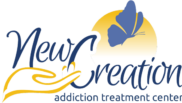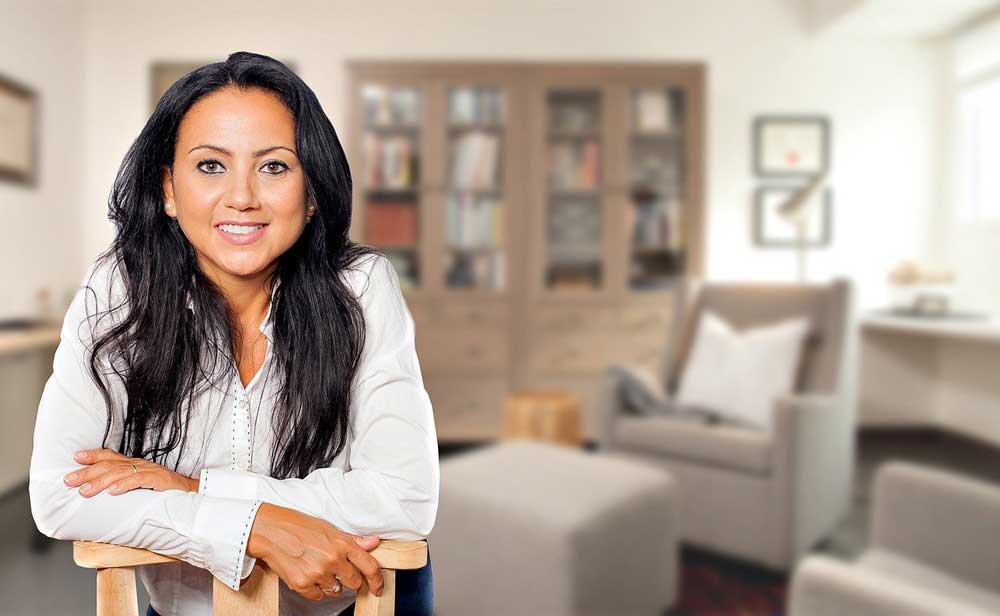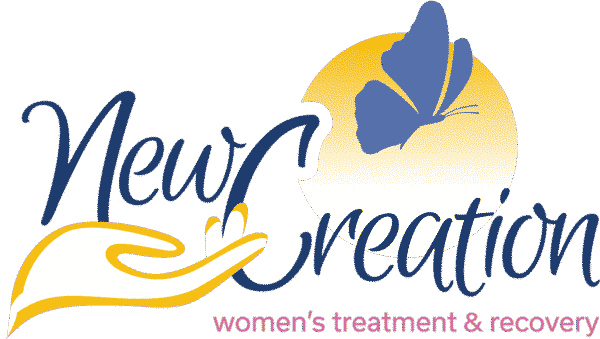Brief family therapy at rehab addresses the top of the list of critical factors that cause addiction among women. Disturbances in the family (separation, divorce, death), parenting responsibilities, and partner-related variables are the specific family areas that tend to steer women to take drugs or abuse alcohol the most.
Considering the impact of family life and relationships in a women’s substance abuse problem and the role of the family in the society as a whole, many Christian alcohol rehab and women alcohol rehab facilities are placing greater focus on the families of women with alcohol abuse issues or heroin addiction. Treatment teams use brief family therapy at rehab as a method to decipher the different family variables that play an active role in women’s addiction and to directly address these issues as well.
What is Brief Family Therapy at Rehab?
Brief family therapy is essentially a family therapy conducted in a short period, usually 6 to 10 sessions of 1 to 1.5 hours each. Treatment specialists of prominent Christian alcohol rehab and other addiction treatment facilities use this kind of therapeutic approach when the recovering alcoholic show signs that her addiction is highly influenced by how her family members behave or how they communicate with each other. Unfortunately, this method cannot be used in cases wherein the family members of the patient are active substance abusers or when they are excessively angry or violent.
What Are the Benefits of Brief Family Therapy at Rehab?
Brief family therapy significantly helps women addicts in their recovery journey in the following ways:
- It helps the recovering addict to have realistic expectations and to view substance abuse in the proper context.
Since family members participate in the treatment process, they learn more about the true nature and impact of substance abuse disorder. This fosters a better understanding that is usually translated into a better support system for the patient.
- It provides a non-threatening venue for the patient to share feelings, expectations, and other thoughts.
While members of the family usually talk to each other, they seldom talk about things that really matters to them for fear of confrontation, being judged or misunderstanding. Group therapy near me provides an effective avenue to bring all essential issues to light since there is a therapist that can mediate, process what everyone is saying, and restructure conflict among members.
- It facilitates an in-depth understanding of what the patient and the family is experiencing.
With the help of the counselor, family members gain valuable insight into what is truly going on in their family. This in-depth understanding can empower and encourage the members to change or to try new patterns of behavior that can improve family interaction.
- It provides a more accurate perspective on how family systems function.
Armed with a better awareness of each one’s role and behavior impact to every member of the family, the patient’s family can then become a stable and strong support system that can greatly help in maintaining sobriety and preventing relapse.
- It harnesses the strength of every family member.
Family therapy stresses the importance of involvement and participation of family members for effective recovery. It helps every family member to realize that they have a stake and important role in helping one of their own. This can happen in inpatient treatment or IOP.
While formal studies on the effectiveness of family therapy in helping women patients in addiction rehab are still limited because of cost implications and level of difficulty, nobody should discount its inherent value. Pieces of evidence and results of existing research on family therapy in addiction treatment all suggest that addiction treatment with family therapy is far more effective that treatment plans that exclude it.
For More Information Please Call Us at : (877) 868-5730



